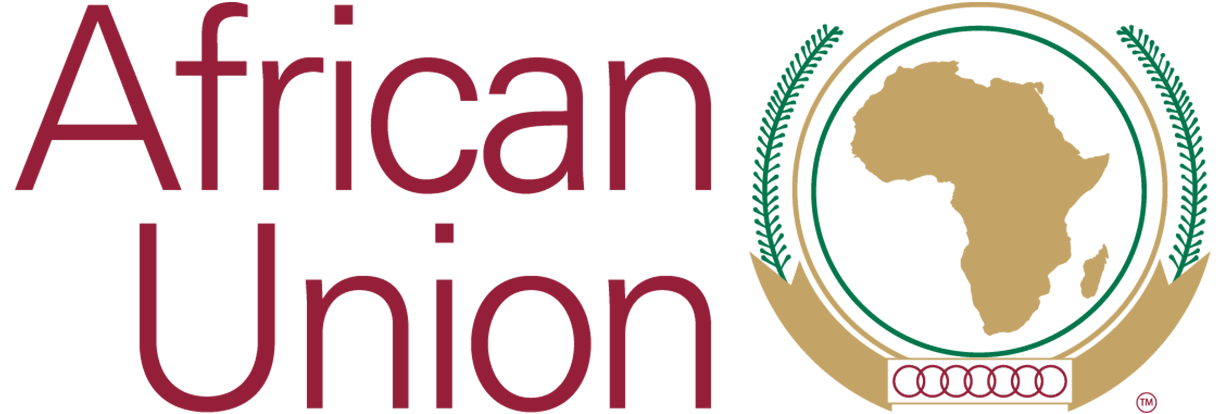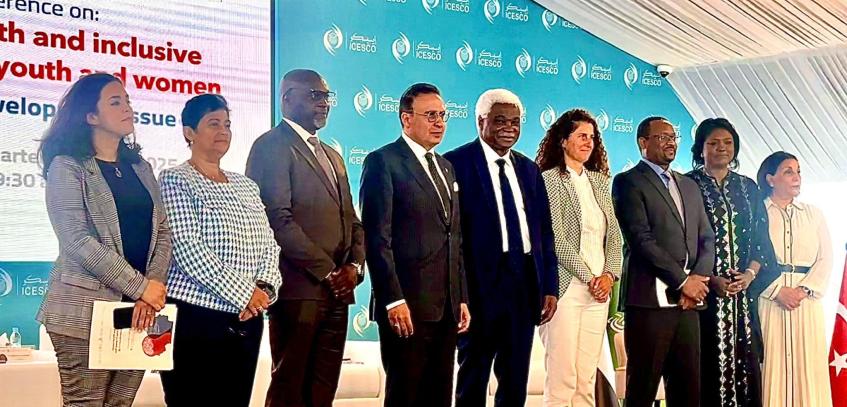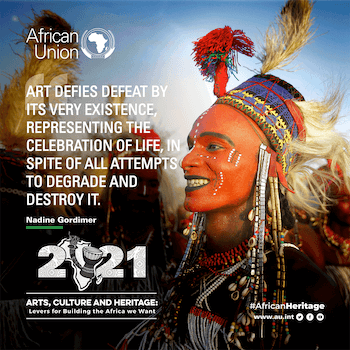𝐀𝐌𝐎 𝐣𝐨𝐢𝐧𝐬 𝐈𝐂𝐄𝐒𝐂𝐎’𝐬 “𝐂𝐨𝐧𝐟𝐞𝐫𝐞𝐧𝐜𝐞 𝐨𝐧 𝐌𝐞𝐧𝐭𝐚𝐥 𝐇𝐞𝐚𝐥𝐭𝐡 𝐚𝐧𝐝 𝐈𝐧𝐜𝐥𝐮𝐬𝐢𝐯𝐞 𝐖𝐞𝐥𝐥-𝐛𝐞𝐢𝐧𝐠 𝐨𝐟 𝐘𝐨𝐮𝐭𝐡 𝐚𝐧𝐝 𝐖𝐨𝐦𝐞𝐧: 𝐀 𝐌𝐚𝐣𝐨𝐫 𝐃𝐞𝐯𝐞𝐥𝐨𝐩𝐦𝐞𝐧𝐭 𝐈𝐬𝐬𝐮𝐞”
he African Migration Observatory (AMO) participated in the Conference of the Islamic World Educational, Scientific and Cultural Organisation (ICESCO) on “𝘔𝘦𝘯𝘵𝘢𝘭 𝘏𝘦𝘢𝘭𝘵𝘩 𝘢𝘯𝘥 𝘐𝘯𝘤𝘭𝘶𝘴𝘪𝘷𝘦 𝘞𝘦𝘭𝘭-𝘣𝘦𝘪𝘯𝘨 𝘰𝘧 𝘠𝘰𝘶𝘵𝘩 𝘢𝘯𝘥 𝘞𝘰𝘮𝘦𝘯: 𝘈 𝘔𝘢𝘫𝘰𝘳 𝘋𝘦𝘷𝘦𝘭𝘰𝘱𝘮𝘦𝘯𝘵 𝘐𝘴𝘴𝘶𝘦” held at ICESCO headquarters in Rabat on 15 May 2025.
H.E Amb. Namira Negm (Dr), Director of the African Migration Observatory (AMO) underscored the additional pressures migrants face, stressing the importance of inclusivity of mental health. She highlighted the plights of migrants within the context of forced displacement and in conflict situations, as the current situation in Gaza. She further emphasized the significant role of mental health support in post conflict situations.
Amb. Namira Negm (Dr) accentuated the critical need for more data and in-depth knowledge on mental health for migrants in Africa and globally. Citing the alarming nature of the issue, she stressed the need for data on mental health aspects and services for migrants. She referred to the Migration Policy Framework for Africa (MPFA) including its call for providing psycho-social support to victims of sexual abuse, as well as the AU Kampala Convention for the Protection and Assistance of Internally Displaced Persons in Africa. She highlighted the need to raise awareness to encourage individuals to seek help and advocated for more inclusive and compassionate societies.
The ICESCO Conference was held in collaboration with the Conference of Ministers of Education of the States and Governments of the Francophonie (CONFEMEN). Other partners in the Conference included: The Conference of Ministers of Youth and Sports of the Francophonie (CONFEJES), the Ministry of Youth, Culture and Communication of Morocco, the Ministry of National Education, Preschool and Sports of Morocco, AMO, the Global Network of Religions for Children (GNRC), and the College of Humanities and Social Sciences of the International University of Rabat (UIR).









